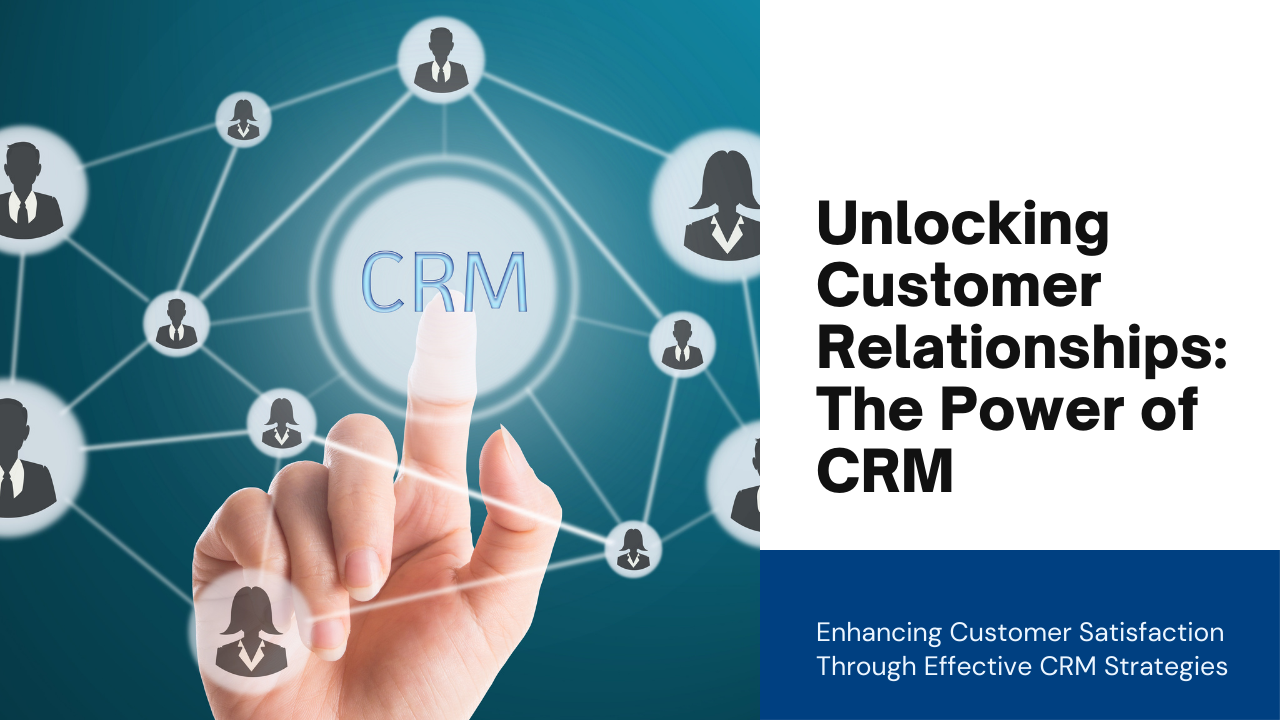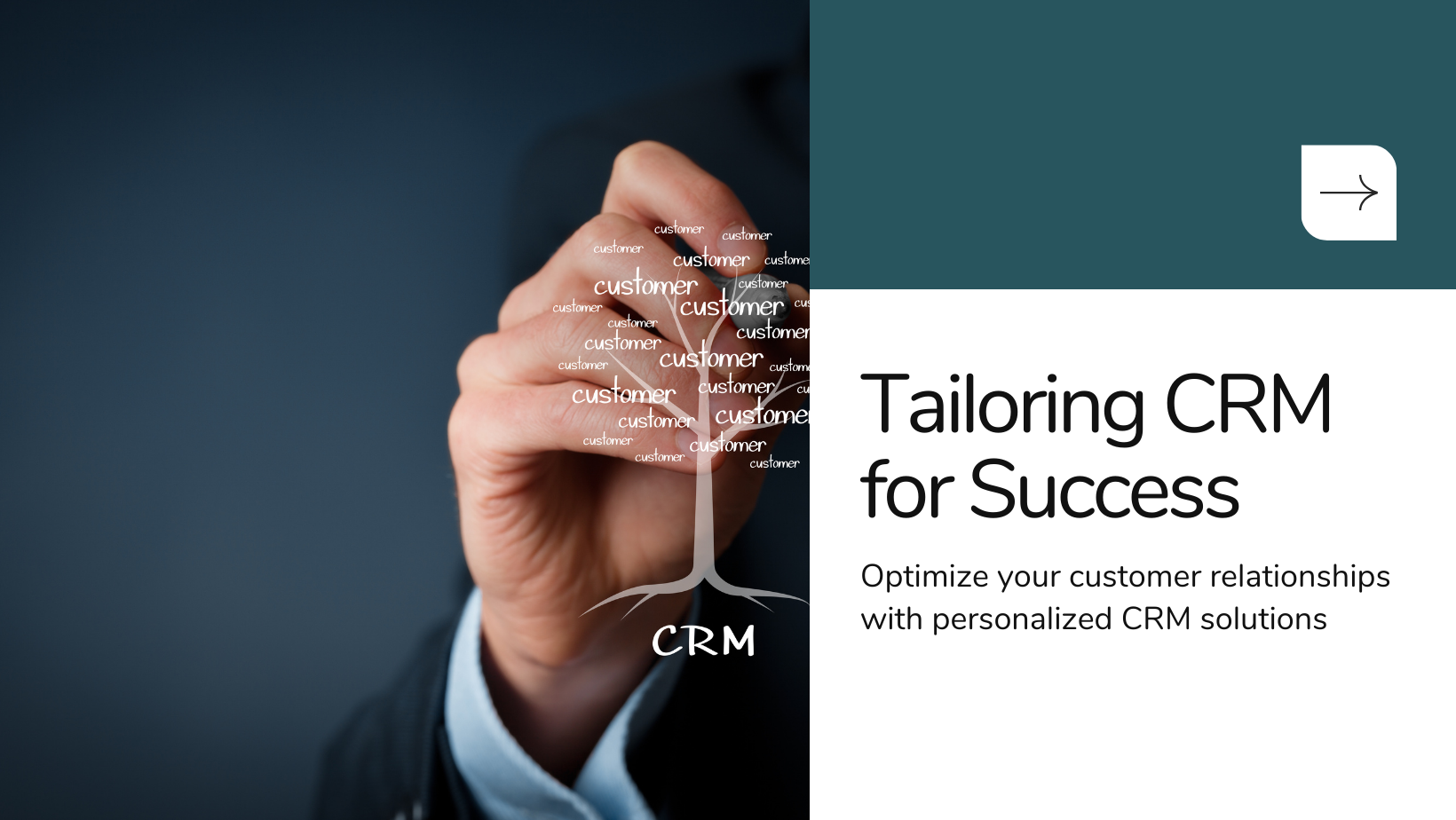In the digital age, customer service is not just about resolving issues but also about building lasting relationships and delivering exceptional experiences. CRM systems play a pivotal role in enabling businesses to streamline customer interactions, personalize engagements, and foster loyalty. This blog delves into the significance of CRM in customer service, highlighting its benefits, implementation strategies, and future implications for businesses.
Understanding the Significance of CRM in Customer Service
1. Centralizing Customer Information
CRM systems serve as centralized repositories for storing and managing comprehensive customer data, including contact details, purchase history, preferences, and interaction logs. By consolidating this information into a unified platform, businesses gain a 360-degree view of customers, enabling customer service agents to deliver personalized support and tailored solutions based on individual needs and behaviors.
2. Improving Responsiveness and Efficiency
CRM enhances customer service responsiveness by automating workflows, ticket management, and service requests. Automated notifications and escalations ensure timely follow-ups and resolutions, reducing response times and enhancing service efficiency. With real-time access to customer data and communication history, agents can address inquiries promptly, anticipate customer needs, and deliver proactive support.
Benefits of CRM in Customer Service
1. Enhanced Customer Engagement and Satisfaction
CRM empowers businesses to engage customers through personalized interactions across multiple channels—phone, email, social media, and live chat. By capturing customer preferences and transactional data, CRM enables tailored recommendations, targeted promotions, and proactive outreach that resonate with individual preferences. Enhanced engagement fosters customer satisfaction, loyalty, and advocacy, driving long-term business growth.
2. Optimized Service Delivery and Consistency
CRM standardizes service delivery processes and ensures consistency in customer interactions, regardless of the communication channel or service agent. Unified workflows, knowledge bases, and case management tools enable agents to access up-to-date information, adhere to service-level agreements (SLAs), and deliver seamless experiences that exceed customer expectations. Consistent service delivery builds trust and strengthens brand reputation.
Implementing CRM for Effective Customer Service
1. Customization and Integration
Tailor CRM systems to align with specific customer service objectives and operational requirements. Customize dashboards, workflows, and reporting tools to accommodate unique service workflows and agent preferences. Integrate CRM with existing communication tools, helpdesk solutions, and analytics platforms to leverage data insights and optimize service delivery across the organization.
2. Training and Adoption
Provide comprehensive training programs and resources to empower customer service teams with CRM functionalities and best practices. Educate agents on navigating CRM interfaces, utilizing customer data effectively, and leveraging automation features to streamline service operations. Foster a culture of continuous learning and skill development to enhance proficiency and maximize the benefits of CRM in customer service.
Future Trends in CRM and Customer Service
1. AI and Chatbot Integration
AI-powered CRM solutions will integrate advanced analytics, natural language processing (NLP), and chatbot capabilities to automate customer interactions and deliver personalized support in real-time. Chatbots will handle routine inquiries, route complex cases to human agents, and provide 24/7 assistance, enhancing service efficiency and customer satisfaction.
2. Predictive Analytics for Proactive Service
CRM systems will leverage predictive analytics and machine learning algorithms to forecast customer behavior, identify service trends, and anticipate potential issues before they arise. Proactive service strategies will enable businesses to preemptively address customer needs, offer preemptive support, and enhance overall service quality and satisfaction.
Conclusion: Harnessing CRM for Superior Customer Service
CRM systems are indispensable tools for transforming customer service operations, fostering meaningful relationships, and driving business success in a competitive marketplace. By centralizing customer data, optimizing service delivery, and embracing technological innovations, businesses can elevate customer service experiences, cultivate customer loyalty, and achieve sustainable growth.
As businesses embrace the evolving role of CRM in customer service, Sodio Technologies remains committed to delivering innovative CRM solutions and expertise that empower organizations to exceed customer expectations, drive operational efficiency, and build lasting customer relationships. Embrace CRM as a strategic asset to unlock the full potential of customer service excellence and propel your business towards greater success.







